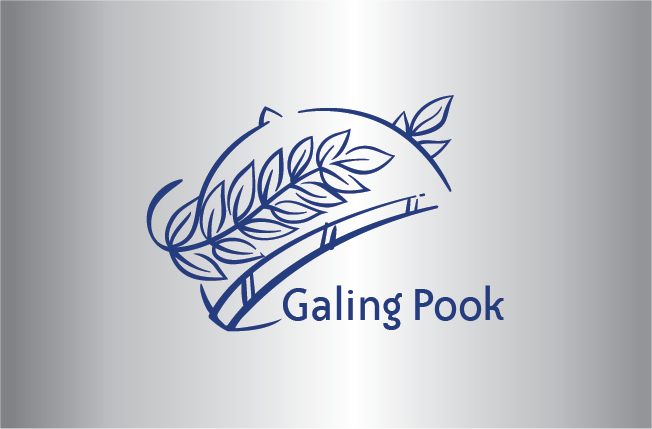
Trekking to Unlock Community Ailments and Difficulties (TUCAD)
Municipality of Goa, Camarines Sur
2022
Goa, Camarines Sur is a second class municipality 52 kilometers away from Naga City. While it is considered as a commercial center due to its strategic location and presence of businesses in the area, there are members of its community that need more assistance. The municipality is subdivided into 34 barangays where 10 are located within the poblacion area and the remaining 24 are considered rural barangays.
With this in mind, the local government decided to upscale its efforts in delivering basic services especially in geographically isolated areas. They used a simple guiding principle in what they do: Let the people feel that the government cares for them.
Through the TUCAD or Trekking to Unlock Community Ailments and Difficulties program, the local government is able to listen, understand, and address issues and problems of their most vulnerable communities. The Bicol word “tucad” which means “to climb” in English is very fitting as the name of the initiative since officials of the LGUs, its donors and volunteers need to trek or climb up the mountainous areas to visit rural barangays and sitios.
What started as a way to address health concerns in the sitios further expanded to equipping upland communities on tourism, community service, poverty alleviation, and emergency and disaster preparedness. Started in February 2020, this initiative became more handy as community lockdowns started due to COVID-19 outbreak.
Every Friday, the local government will trek and visit sitios from an identified location and will conduct dialogues with families from the community. After each visit, an after-trek processing session is also conducted with the local government representatives, the residents of the community, volunteers and partners to discuss solutions and interventions.
Now what may sound as a simple visit to the rural barangays and sitios actually demonstrates strong people’s participation since constituents are given the opportunity to communicate their challenges and propose solutions. This also gives the people a sense of responsibility to own and give value to the assistance they receive which transforms their role from recipients to implementers since they have been part of the process.
The initiative also provided a space for the local government to be creative and adaptive on their solutions based on the needs and proposed interventions by the constituents. They have created a classification of projects based on nature and amount vis-a-vis where they will get funding for the implementation. This also led them to expand their network as they tapped the national government and the private sector for their additional funding.
Through TUCAD, the local government also understood that existing initiatives may not be enough and need to be reevaluated. For instance, instead of having health workers cover barangaywide concerns, the LGU saw the need to increase their work force and assign health workers to sitios or smaller geographic scope to ensure that they are able to reach all constituents that need help.
Barangays were also recognized and empowered through the initiative - the LGU gave additional funding to barangays which they can use in cofunding the interventions to be implemented under TUCAD. This is another example of making other entities serve as active partners and ensuring that responsibility and accountability are shared.
Numerous initiatives have been implemented already and the treks and dialogues are continuously being conducted. Some notable initiatives under TUCAD include the crafting of a 10-year education masterplan, the establishment of the Goa Community College, waste to energy project in Barangay San Isidro West, and solar lighting systems for off-grid households, to name a few.
While TUCAD’s main objectives were to consult with their constituents and deliver basic services, it achieved innovative milestones that are beyond impressive. They were able to promote trekking tourism and manage a tree planting program. They were able to mobilize constituents and other people to donate and volunteer. And they were able to identify potential tourism sites for future development of their tourism industry.
The approach taken by the local government of Goa, trekking through the mountains to deliver services and reach out to families in isolated areas, is a proactive way to address the constituents’ needs. Bringing government services right at their constituents’ doorstep gives hope to families in Goa that their local government gives importance to them and understands their situation. With TUCAD, the local government showed that an all inclusive approach to development is possible.


